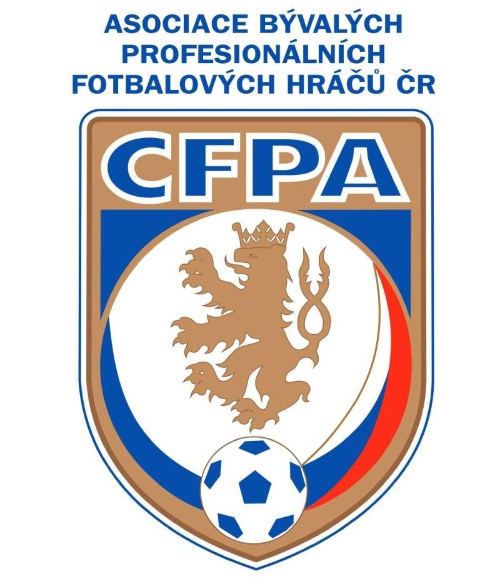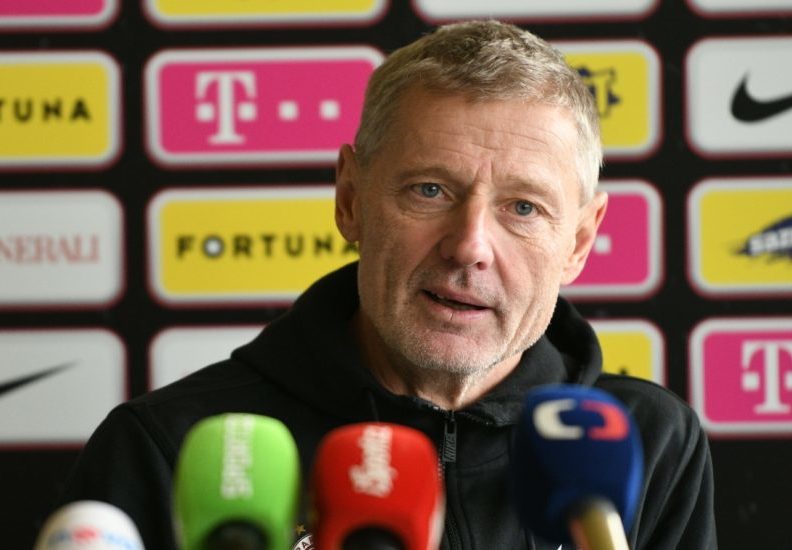On Thursday, July 21, sad news hit Czech and German football: former Czechoslovak international Milan Dvořák died at the age of 87, and two years younger, former Federal Republic of Germany forward Uwe Seeler, captain of the 1966 world vice-champions in England. Both belonged to exceptional football personalities.
Football destiny pitted them against each other at the 1958 World Cup in Sweden. The German team was the defending champion when they surprised favored Hungary in the final four years ago in Switzerland.
However, according to later research, the unexpected triumph called the ‘Miracle in Bern’ was supported by the use of methamphetamine, which was used by the Wehrmacht during World War II.
After the huge embarrassment at the previous world championship (0:2 with Uruguay and 0:5 with Austria), the Czechoslovak team improved in performance, and players of high abilities gradually penetrated it, which was also confirmed by the 6:1 victory over Argentina.
 –
–
Against the defending champion, coach Karel Kolský’s team led 2:0 at half-time, first Dvořák converted a penalty kick, Zdeněk Zikán added the second goal shortly before the break.
But in the second half, Hans Schäfer reduced the score and in the 71st minute came the equaliser, which is in the annals of Czechoslovak football as one of the bitterest cuts in history.
Goalkeeper Břetislav Dolejší was catching a cross, German forward Helmut Rahn went at it very sharply, the Czechoslovak goalkeeper fell, but held the ball firmly so that it did not cross the goal line.
Despite clearly proving that it did not happen, the weak English referee Arthur Edward Ellis recognized the goal. Even with this draw, the Czechoslovak team missed out on advancing to the quarterfinals.
The match featured young striker Uwe Seeler, who ended up starting in four championships (1958, 1962, 1966 and 1970) and was the only one to score at least two goals in each.
Josef Masopust, the future 1962 Golden Ball winner, entered the opponent’s reserve and a strong bond was formed between the two. “It was a lucky draw for us in the end, but probably to keep the friendship going,” Uwe Seeler recalled with a smile.
 –
–
The Iron Curtain did not close their relationship. “War has been unbearable for me since I was young, it meant nothing to me,” admitted the native of Hamburg. “Neither I nor Júzef were interested in politics, we sat down in terms of people and football,” warned. “So we didn’t realize that we were each from a different side of the border,” he added.
He recognized the Czech player’s skill. “Júzef was the Pelé of Czech football, and at our first meeting, as they say, a spark flew between us,” emphasized.
Both, like Milan Dvořák, are already playing heavenly football…
Source: Wikipedia, List of Articles
–


